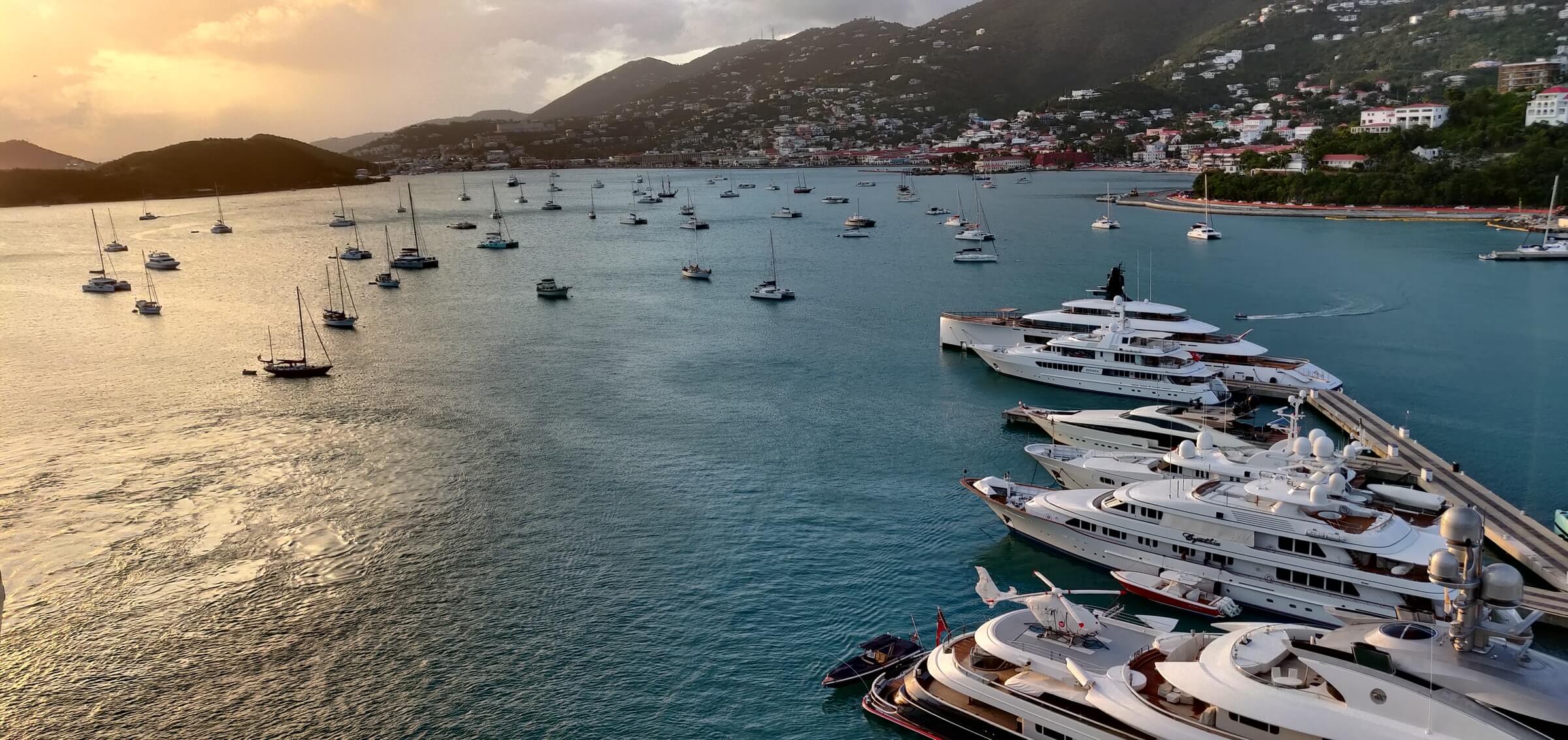Service Wins and Woes: Best and Worst Cities for Servers
by David Klemt

A recent survey from gaming industry site Casinos.US identifies the 25 best and two-dozen worst cities for servers in America.
I can share two details about the methodology that Casinos.US employed.
One, they surveyed 2,000 current and former hospitality professionals. And two, they were asked to rate the overall rudeness of their guests on a scale of one to ten. One is the kindest, ten is the rudest.
Further, I can share that the average rudeness of guests being served in the US is 4.9 out of ten. Unfortunately, the three worst cities on the Casinos.US list rank between 7.0 and 7.6 on the rudeness scale. In fact, 22 of the 24 worst cities come in at 5.0 or above.
No city is perfect. The best of the best earns a score of 2.0, with the next best hitting a 3.0. Still, not bad at all.
Sadly, 45 percent of respondents reported finding themselves interacting with rude guests at least twice per day. As far as the worst of the worst, respondents identified “older adults” as the rudest, and Sunday as the day of the week with the most incidents. Do with that information as you will.
There are two sides to the coin, of course. Impressively, 24 percent of respondents “rarely” encounter rudeness from guests. Even better, 28 percent don’t expect to come across rude guests on a daily basis at work. So, there’s some hope out there.
To review the results of this survey for yourself, click here.
The Worst
Alright, let’s get it out of the way. Below, the worst cities in America for servers, according to Casinos.us.
To the right, their rudeness score. Again, the score is out of ten, with ten being the absolute worst.
- Washington, DC (4.9)
- Orlando, Florida (4.9)
- San Antonio, Texas (5.0)
- Sacramento, California (5.0)
- Columbus, Ohio (5.0)
- Buffalo, New York (5.0)
- Houston, Texas (5.1)
- St. Louis, Missouri (5.1)
- Atlanta, Georgia (5.1)
- Louisville, Kentucky (5.3)
- Miami, Florida (5.3)
- Nashville, Tennessee (5.4)
- New York, New York (5.4)
- Phoenix, Arizona (5.6)
- Detroit, Michigan (5.7)
- San Diego, California (5.8)
- Las Vegas, Nevada (5.8)
- New Orleans, Louisiana (5.8)
- Milwaukee, Wisconsin (6.0)
- Providence, Rhode Island (6.3)
- Oklahoma City, Oklahoma (6.3)
- Jacksonville, Florida (7.0)
- Cincinnati, Ohio (7.0)
- Virginia Beach, Virginia (7.6)
This list, if accurate, leaves me with one question: What’s going on, Virginia Beach? Sheesh. Calm down—your side of ranch isn’t that important, I promise.
It’s tempting to label this a tourist issue. Well over 10 million people—nearly 20 million in 2019—visit Virginia Beach annually.
And, hey, look at the rest of the list; it’s loaded with destination cities that draw millions upon millions of tourists each year.
However, when you look at the list of the best cities for servers below you’ll find more destination cities.
The Best
Now that we know the worst, let’s check out the best.
The cities below rank the lowest as far as rude behavior from guests.
- Dallas, Texas (4.8)
- Minneapolis, Minnesota (4.8)
- Boston, Massachusetts (4.8)
- Birmingham, Alabama (4.8)
- Salt Lake City, Utah (4.8)
- Los Angeles, California (4.7)
- San Francisco, California (4.7)
- Philadelphia, Pennsylvania (4.7)
- Raleigh, North Carolina (4.6)
- Riverside, California (4.5)
- Kansas City, Missouri (4.5)
- Seattle, Washington (4.5)
- Charlotte, North Carolina (4.4)
- Richmond, Virginia (4.3)
- Cleveland, Ohio (4.3)
- Indianapolis, Indiana (4.2)
- Chicago, Illinois (4.1)
- Denver, Colorado (4.1)
- Portland, Oregon (4.0)
- Tampa, Florida (3.8)
- Hartford, Connecticut (3.8)
- Austin, Texas (3.8)
- Baltimore, Maryland (3.7)
- Memphis, Tennessee (3.0)
- Pittsburgh, Pennsylvania (2.0)
Philly may be the City of Brotherly Love but the Steel City, Pittsburgh, is the best for servers in terms of guest behavior. At least, according to Casinos.US.
If you live in one of the cities above, go out to bars and restaurants, and aren’t a jerk to your servers, congratulations on being a decent person.
Takeaway
Let’s say you’re an owner, operator, or leadership team member. And let’s say you operate or work in one of the cities above, whether the best or worst.
If your service team routinely on edge, regularly upset, find out why. Leaders look out for their teams and strive to provide a healthy work environment.
I’m not saying you need to get into the details of their personal lives. What I am saying is that if there are issues in the workplace, you need to get to the bottom of them. More importantly, you then need to engage the team and get their feedback.
How do they want guest issues handled by the leadership team? Are their problematic regulars who need to be “fired” to protect the team? Some guests simply aren’t worth the revenue and tips in exchange for the emotional and mental distress they’re inflicting on the team.
That is, however, something that must be discussed. Most importantly, when the feedback is taken into account and a procedure is put in place, leadership must adhere to it and act accordingly. Any deviation will result in a loss of trust, and that will decimate team morale even more quickly than an encounter with a rude guest.
Lose trust from your team, lose the business.
Image: Venti Views on Unsplash


